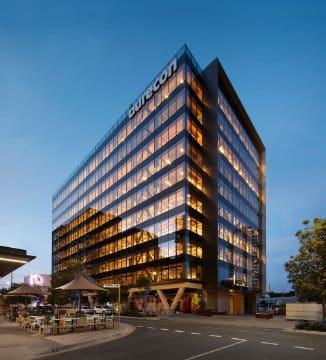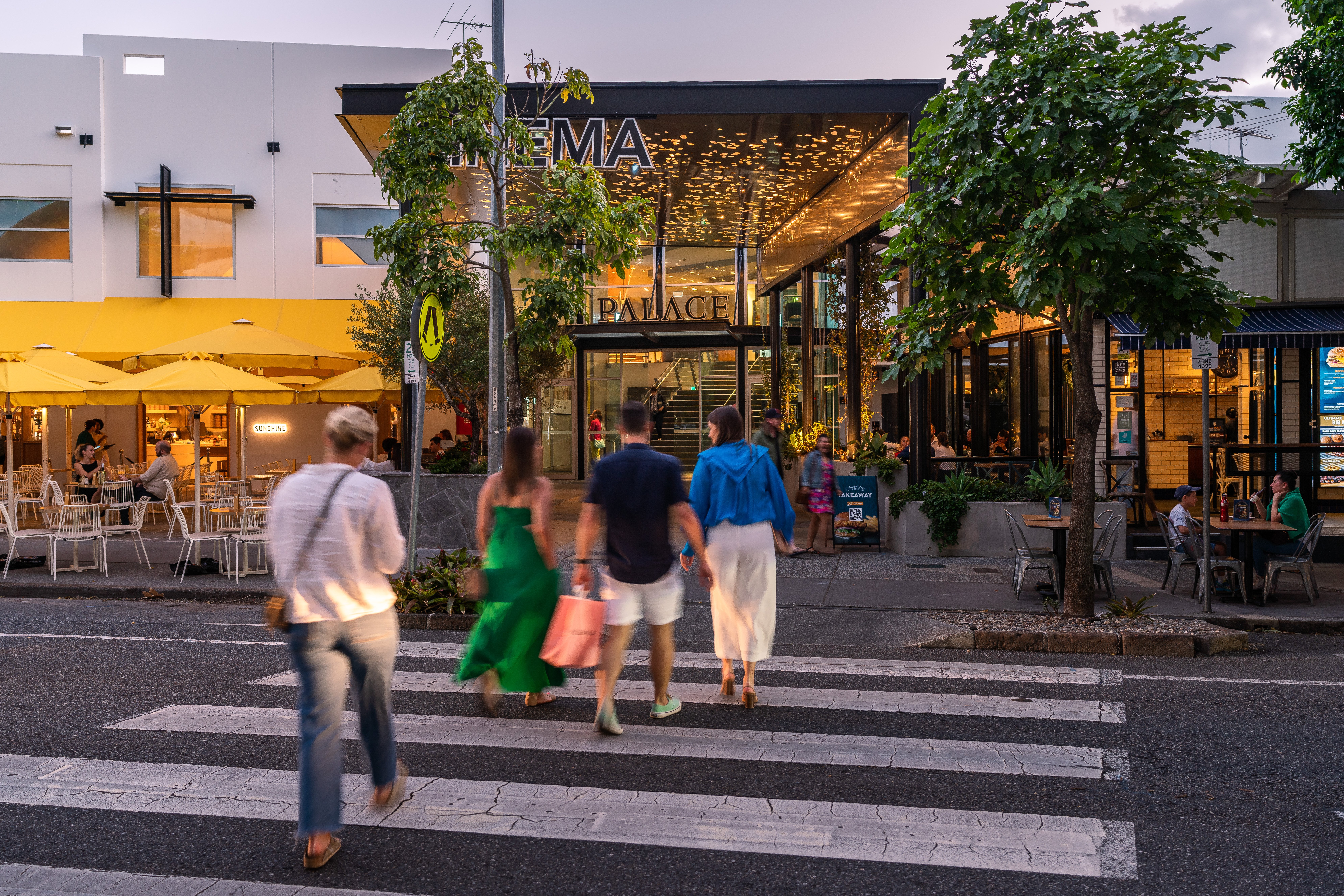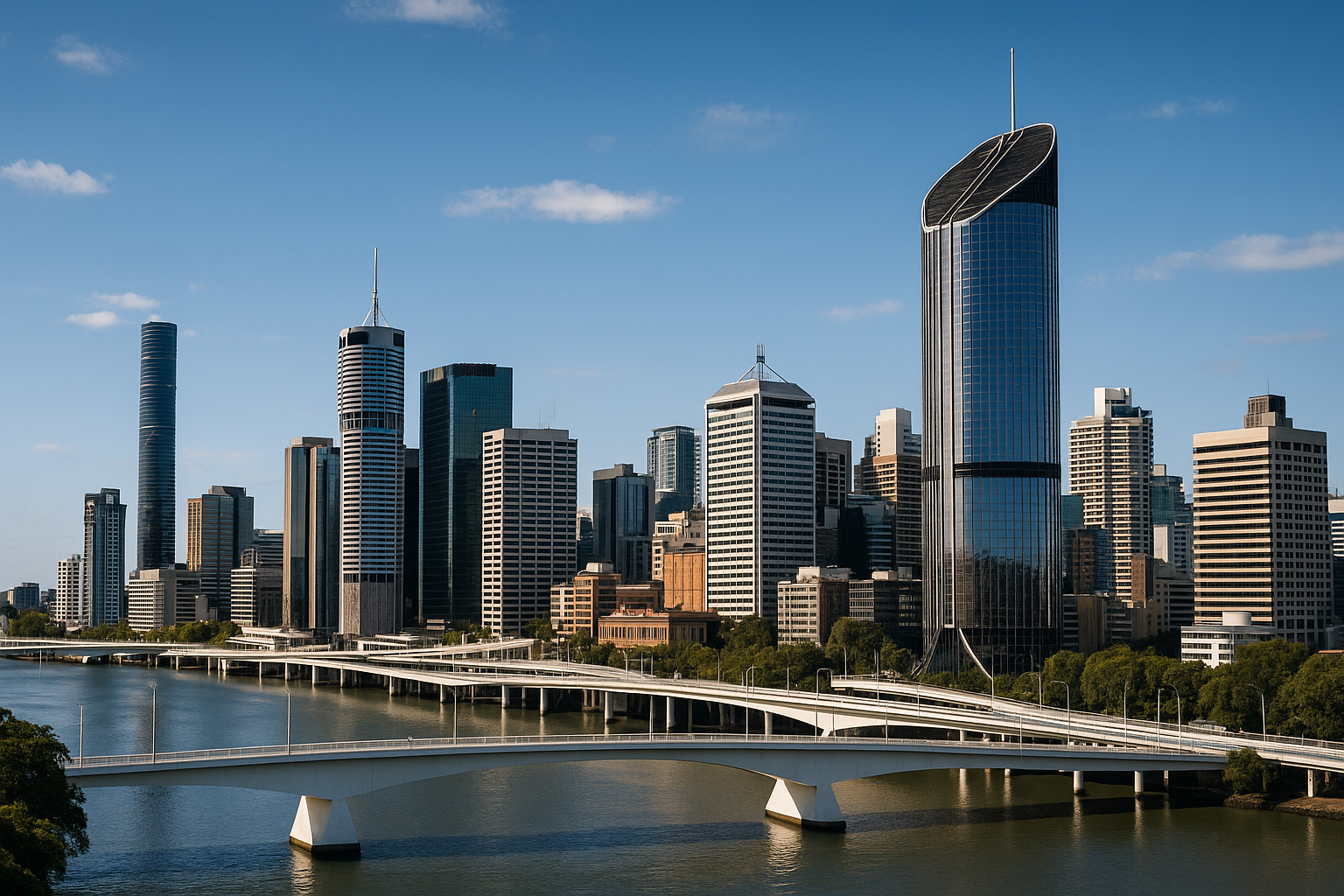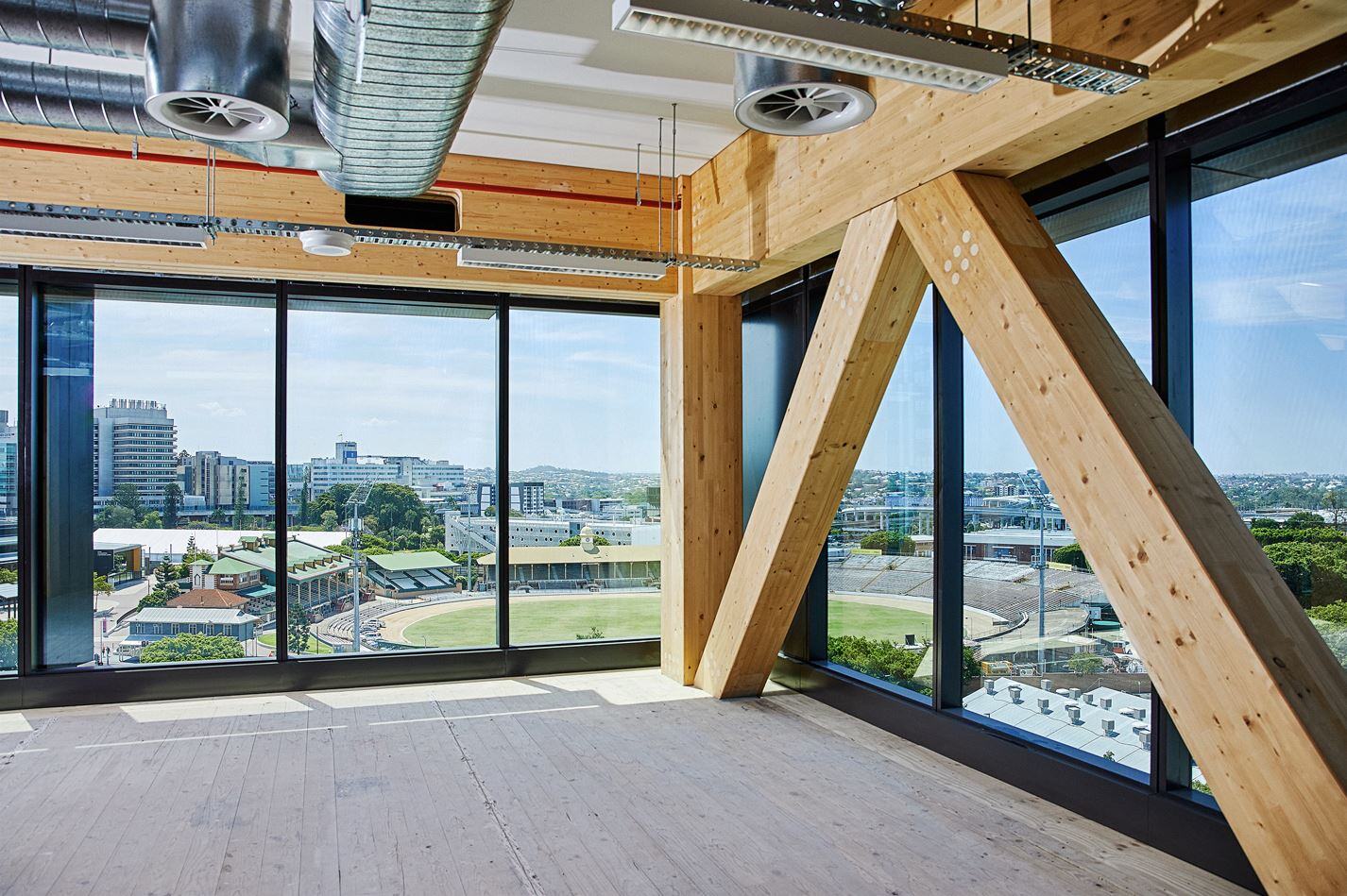Buying vs Leasing Commercial Property: What To Consider?
Deciding whether to lease or buy a commercial property is a significant one for a business, with implications for its operations, financials and long-term plans.
There are pros and cons for both sides, and it really depends on the current and future situation of the organisation.
While buying a commercial property provides a capital asset with the potential to grow in value, leasing allows for more flexibility if market or business circumstances change.
The decision on lease vs buying commercial property will come down to individual factors, however, it pays to consider the most important elements for your organisation.
Do you need the flexibility to customise and modify the space over time? Or is the potential for long-term appreciation more important? Do you have the capacity to undertake the responsibilities, costs, and risks associated with property ownership?
Advantages and disadvantages of buying a commercial property
There are both advantages and disadvantages of buying a commercial property.
It could also be financially advantageous, especially in the longer-term, to purchase a commercial property as an asset for the business. This has been the case for the past decade, with the total value of commercial property rising $85bn from 2018 to 2021, and a forecast for growth from the 2023 Australian Government budget settings.
Owning the property provides you with options to move in, or sublease and generate additional rental income. This sublease income can also provide a steady cash flow.
Further, in a rising property market, you may benefit from capital appreciation, further increasing your return on investment on the balance sheet. When the time comes, you can always sell the property and reinvest in another asset.
Paying down a mortgage also results in known costs - albeit amid variable interest rates - that could make monthly and quarterly financial planning more simple. The amount to be paid is a regular payment that you have oversight of, instead of the potential for significant rental increases.
Sustainability in the office operations could also be a major factor for your stakeholders, for example, and you could purchase or develop an office with this in mind.
This ability to tailor the property to suit your operations can enhance wellbeing for staff and create a better atmosphere for clients.
However, it's essential to consider the disadvantages associated with buying commercial property as well. Property ownership comes with responsibilities and plenty of unseen ongoing costs.
The business will be responsible for maintenance, repairs, and property management, which require time, effort, and financial resources.
There are also risks in the property market. A fall in market demand or a drop in cap rates can lower the property’s value or potential rental returns. And in a market where the number of properties outweighs demand, there can be high vacancy rates. Brisbane’s vacancy rate has hovered between about 10 per cent and about 15 per cent during the past decade.
Owning a property also incurs a significant upfront cost via an initial deposit, with standard loan to value ratios of 65 per cent to 70 per cent. This means you will need to have a deposit of at least 30 per cent to get a loan from most Australian lenders.
Advantages and disadvantages of leasing a commercial property
Leasing a commercial property also has positives and negatives.
One significant advantage is the ability to change properties more quickly to meet emerging business needs. A short or flexible lease means businesses can expand, contract or relocate.
Having a lease in place for your property also means you are likely to have greater capacity to invest in other areas of the business. Instead of having to accumulate at least 30 per cent of the purchase price for the deposit, that capital could be used for other projects or assets to further business objectives.
Another advantage of leasing is that it may shift the responsibility of maintenance and repairs to the landlord, depending on your lease agreement.
This can reduce the financial burden on the business, as you can rely on the property owner to address any maintenance issues that may arise. This can save businesses both time and money, allowing them to focus on their core operations.
However, there are also disadvantages associated with leasing a commercial property. Ensure you’re aware of all clauses of the lease agreement to understand financial, legal and maintenance obligations and associated costs.
Businesses should also carefully consider lease terms, rental rates, potential lease renewals, and any make good requirements to make sure the lease is right for them.
Long-term business strategy for commercial property
Buying a commercial property could have a significant impact on the long-strategy and financial performance of your business.
The purchase of a property asset has yielded strong results in recent years. Commercial property in Australia rose 5 per cent compounded year on year between 2018 and 2021, from $235bn to $320bn. This appreciation is in addition to the yield from rental returns.
The stability of ownership can also provide a sense of security and control over the business's physical space, allowing for long-term planning.
However, it’s important to consider your business's overall growth plans and financial capabilities when assessing property. Buying a commercial property requires a significant financial investment, including down payments, mortgages, and ongoing maintenance costs. That money will therefore be unavailable for other investments in the business, such as plant and other equipment.
On the other hand, leasing offers businesses the opportunity to focus on their core operations without the long-term commitment of property ownership.
With a flexible or short-term lease in place, businesses can adapt their space to their changing needs. It allows for scalability, as businesses can easily expand or contract their leased space based on market conditions or operational requirements.
Buying vs leasing: How to decide
When it comes to deciding between buying and leasing commercial property, businesses must carefully consider several key factors. First and foremost, consider the business’ financial situation and short to medium-term goals.
Flexibility needs also play a significant role. Businesses should evaluate their growth plans and operational requirements to determine what space they will need. What if a major contract arises, or falls through? Leasing offers greater adaptability to changing needs, while ownership provides stability and control over the property.
Maintenance responsibilities and associated costs are important. Owning a property means taking on maintenance, repairs, and management tasks, leasing can reduce these requirements.
It’s a good idea to seek professional advice from real estate professionals and financial advisers when making the decision, to determine the market and potential changes in the future.
.svg)



